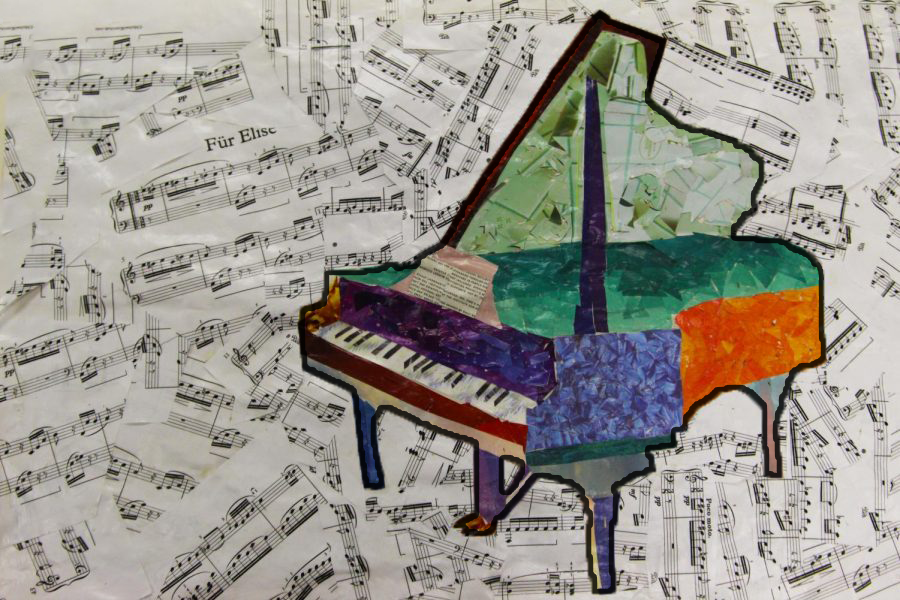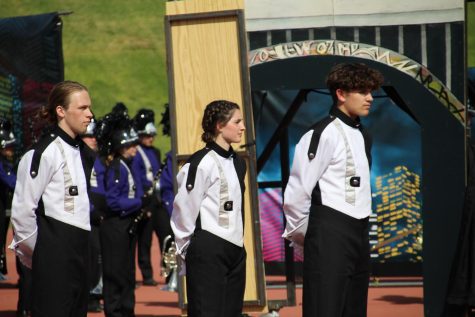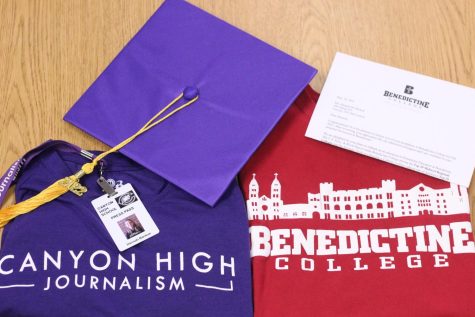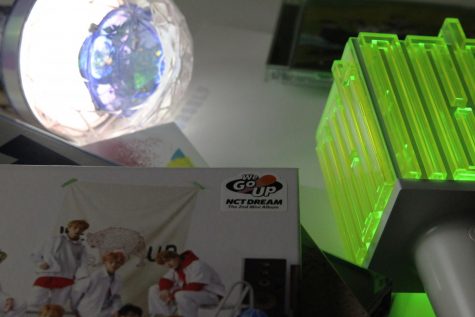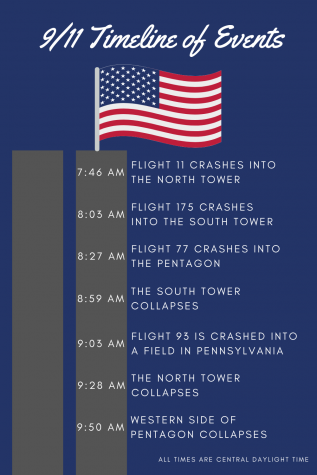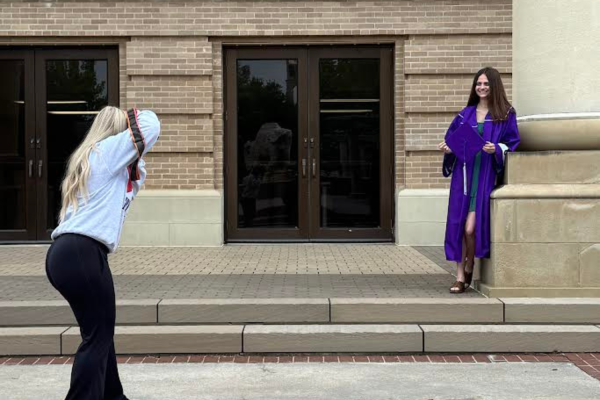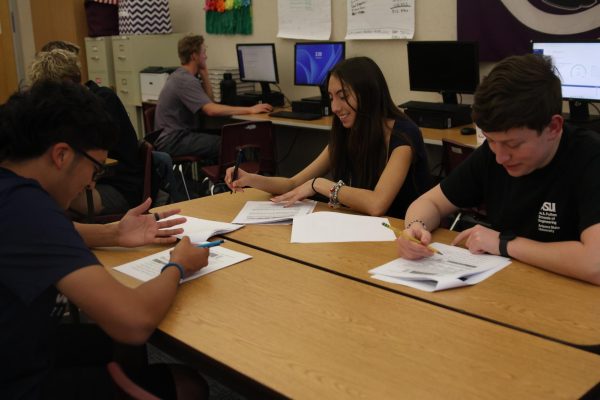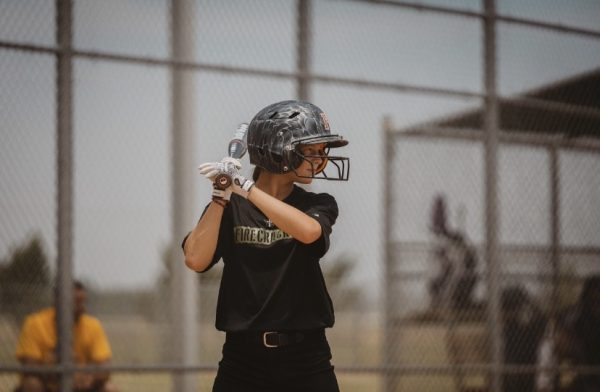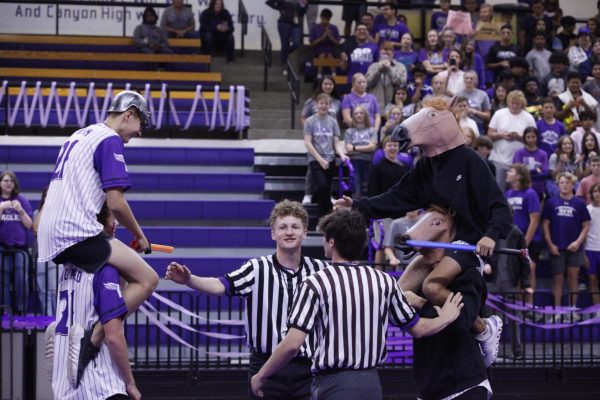In the right key
Staff reporter revisits relationship with piano
Clark comments on how she has progressed on the piano throughout her life after playing the instrument for ten years. “I can still remember, clear as day, the first piano lesson I ever had,” Clark said. “I did not know at the time, but I had begun a chapter of my life I couldn’t bring myself to close.”
I can still remember, clear as day, the first piano lesson I ever had. I remember walking through my teacher’s glass door with my mom in tow. I remember sitting on a black bench, legs swinging above the floor as my teacher explained where my tiny 5-year-old hands should be placed on the keys. I remember pressing every single key on the keyboard, one by one, all 88, as practice for the following week.
I did not know at the time, but I had begun a chapter of my life I couldn’t bring myself to close. Not when I moved to a different country, or when my siblings stopped playing in favor of other things. Not when the only teacher I ever had moved away. Not when I dreaded going to lessons, or when year after year I performed badly at recitals.
Throughout elementary school, the piano was simply another timestamp to fill. Crammed between ballet, soccer, basketball and choir, it was something to keep me learning outside of a classroom. Over time, that sense of obligation slowly grew into a deep dislike of the instrument. I was never the best, far from it, barely mediocre for my age and how long I’d been playing. It took energy and a passion to enjoy, which I just did not have.
I was stuck in a sort of limbo. I was not improving—pieces that presented any sort of challenge were discarded or half-learned. The thought of practicing of my own volition was almost laughable. This isn’t uncommon for young pianists. We hit a wall we do not know how to get around. Eventually, we either figure it out or we quit.
It took until the latter half of my middle school career for me to begin to like piano again. My parents wanted me to play classical music, real pieces, not ones altered to make them easier. My teacher obliged, and we began a hunt for something I liked that I could play for my eighth-grade recital. We stumbled across a piece she had accidentally marked: Toccata in F Minor by CPE Bach, with the flag left there for a past student.
It was too hard for me, but the moment I listened to it, I knew I wanted to play it. I ended up choosing it as my sole piece for the semester. I knew if I didn’t put in an extraordinary amount of effort, I would crash and burn at recital like never before. My two hours of practice a week suddenly became three, then four, then five. I had made a bet with myself which I was not about to lose.
When the time came for me to perform, it had not been enough. I never got the piece up to speed, and I never fully memorized it. Surprisingly, that did not and still does not bother me. What mattered was I had proven I could be that good someday. I improved by leaps and bounds that semester, and I would not trade that for anything.
Looking back, if it weren’t for that piece, I probably would have given up on the instrument. It spurred me to always pick pieces that were above my level, pieces that would motivate me to practice and get it right. Songs I know people will enjoy listening to, and I won’t mind playing a hundred times over.
Recently, I went back and looked at my old recital music from middle school. It’s almost surreal. They seem so easy now. Everything from techniques to tricky time signatures I worked months and months on to get right I could simply sit down and play, no practice needed. In the future, I hope I can do the same with the piece that pushed me so hard that semester; that Toccata I’ll never forget.
This summer marked a decade on the piano for me, which blows my mind. That first lesson seems so far away but so close at the same time. Playing the piano is a skill that will stick with me for the rest of my life. I’ll keep growing and improving as long as my eyes can read music and my hands can press the keys. I cannot imagine my world without it and I hope I never have to.

Hello! My name is Charlie Clark. I am a junior, and this will be my second year on staff here with The Eagle's Tale. Outside of journalism, I play saxophone and piano, and I also participate in Science Bowl and UIL Science teams. I can frequently be found...

